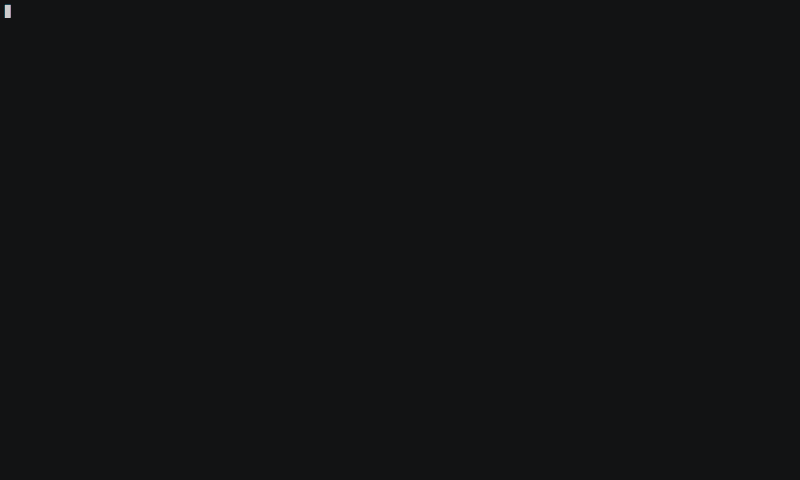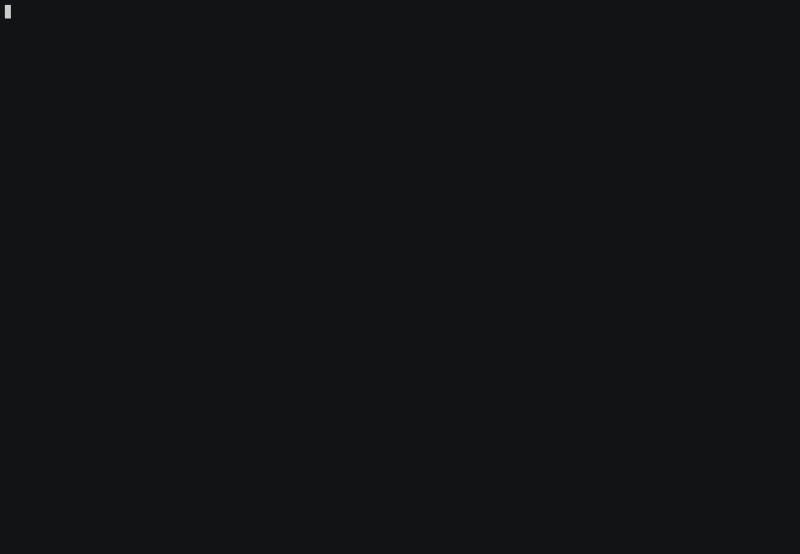2 unstable releases
| 0.2.0 | Jul 9, 2020 |
|---|---|
| 0.1.0 |
|
| 0.0.0 | Jul 8, 2020 |
#1355 in Filesystem
115KB
2.5K
SLoC
lsk
Imagine ls, but you can 'key' into the file or dir instead of just starring at it.
It's experimental. At the momement, only files and dirs are differentiated by hard-coded colors, so you can't see if a file is executable or something.

Install
You'll need rust installed.
cargo install lsk
Optional (highly recommended) setup and deps
lsk works out-of-the-box, but you may consider the following.
xdotool
You'll need xdotool installed to use w and r commands. Find it on your favorite package manager for your system.
envronmental variables
To open files with your prefered editor using $EDITOR env var, do something like
export EDITOR="vim"
otherwise it will default to nano editor when opening up files.
To open any file using $LSK_FILE_OPENER
export LSK_FILE_OPENER="<favorite-file-opener>"
If unset, it uses xdg-open to open random files, such as pics or music files.
Usage
For the equivalent of ls -a, do lsk -a. Other useful options like ls has aren't yet supported, but it's a goal.
Inside lsk
The rationale is you can just punch in the key number + Enter. That 90% of it. To go back a dir, punch 0.
Here's all the important ones. Note some of the commands below require a space.
open file with editor: <key>
open dir: <key>
open any file: o <key> (default is xdg-open)
search/fuzzy-widdle the list: s (remember the space and then type)
Go back a dir: 0
Quite: q
Work in viewed dir: w (sort-a-like cd)
Select range of files: <key_start>-<key_end> (e.g. 7-5)
Return file/dir paths: r <key1> <key2> [...] (e.g. r 1 2 3)
Next-page: <key>- (e.g. For example 49- if there are more than 48 results on current page page.)
Original-page 0- (Don't confuse with 0, which is goes back a directory level)
Goals
-
Publish to crates.io.
-
Interactive help.
-
If xdotool isn't found, print returned files or directory paths.
-
Docker and nix installation for non-rust users.
-
Test on MacOS and maybe see about Windows compatibility.
-
Add more file colors (only file and dir differentiated right now).
-
LS_COLOR support and don't rely on hard-coding color scheme.
-
Add async and do more pass-by-reference: it's slow if there are a ton of files in the top of directory.
-
Edit a command without having to rely solely on backspace.
-
Cursor (blinky thing that moves when you type) should be visible.
-
Escape a file view from widdling-down or selecting a range.
-
Maybe figure out an alternative to xdo-tool (using env var to return file names is sorta hacky).
-
Use more screen real-estate and handle file name wraps.
Other usage
If you like tools like fzf, you may like this. You can run lsk with scripts you make (bash, python, etc) for fuzzy directory jumping, fuzzy file opening, and fuzzy commands (very experimental).
c is for command.

Fuzzy dir
lsk --fuzzy-dir /path/to/fuzzy/dir/script
Here's my script I use personally.
#!/bin/bash
find -type d | cut -c 3- | fzf
Fuzzy file open
lsk --fuzzy-find /path/to/fuzzy/file/open/script
The script I use.
#!/bin/bash
fzf
You can pass all these args together and alias it to lsk for your convenience.
lsk --fuzzy-dir /path/to/fuzzy/dir/script --fuzzy-find /path/to/fuzzy/file/open/script
Development
Testing
At the moment, some tests must be ran on host while others in docker. lsk's tests simulates keyboard input and I can't figure out how to do that in docker.
Run tests for host or docker
Stage code changes, if any. It's very important that you do this.
git add -u
Run the following scripts, which uncomment #[ignore] for either host or docker tests.
./unignore_host_tests or ./unignore_host_tests
Run tests on host.
cargo test -- --test-threads=1 --nocapture
Run tests on docker, using dev script.
./dev.sh test rust-lib
Undo any unstaged changes (those are the 'unignore' script)
git restore .
Special cases
For an unknown reason, these test only run if 'asked' to explicitly.
./dev.sh test rust-lib list
One or more tests rely on exact terminal size.
./unignore_host_term_size_dependent
Dependencies
~4–11MB
~91K SLoC